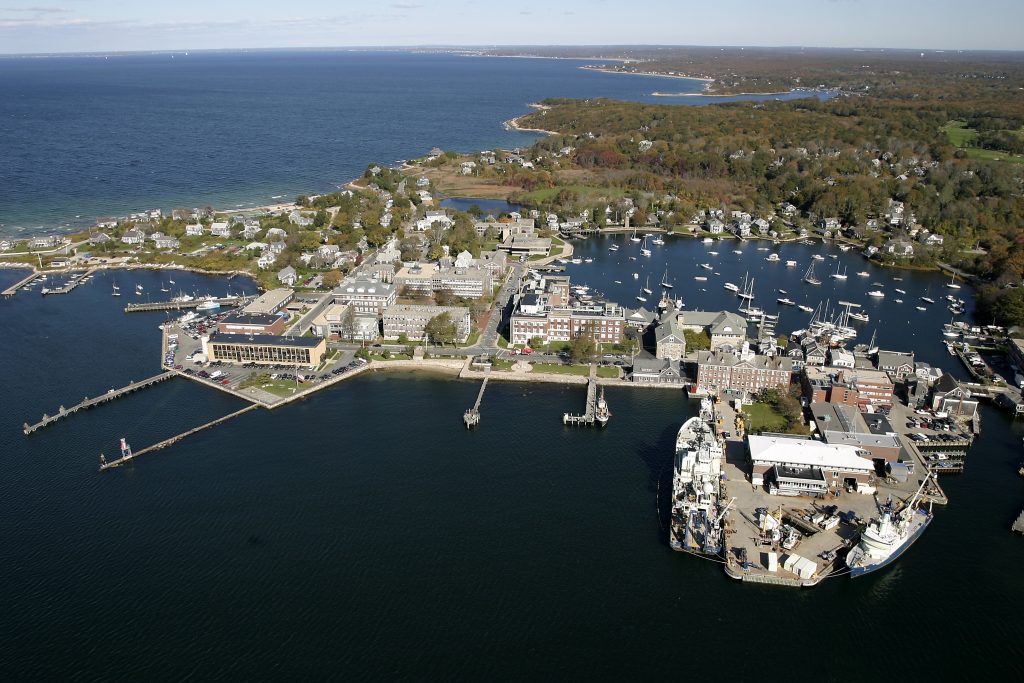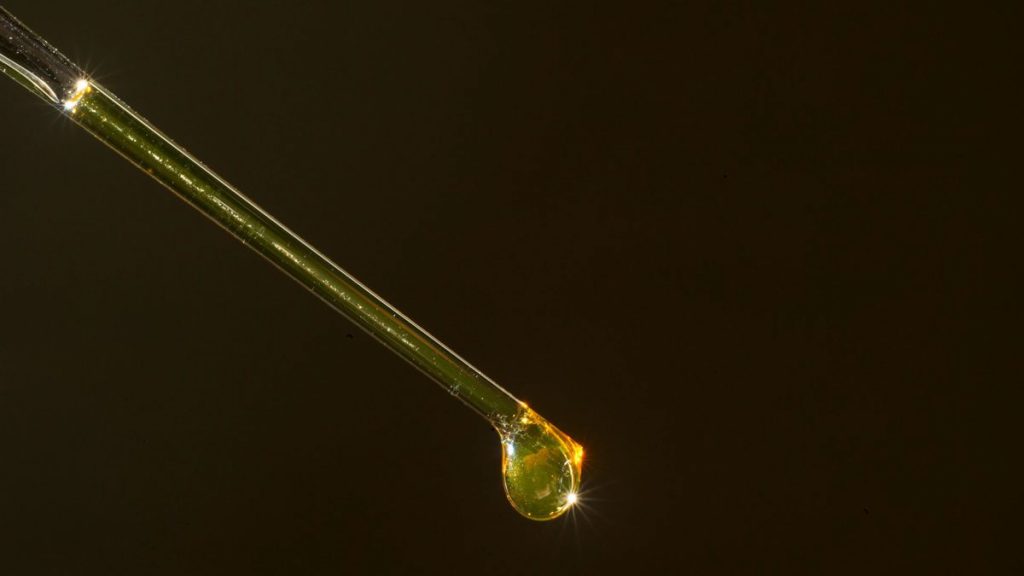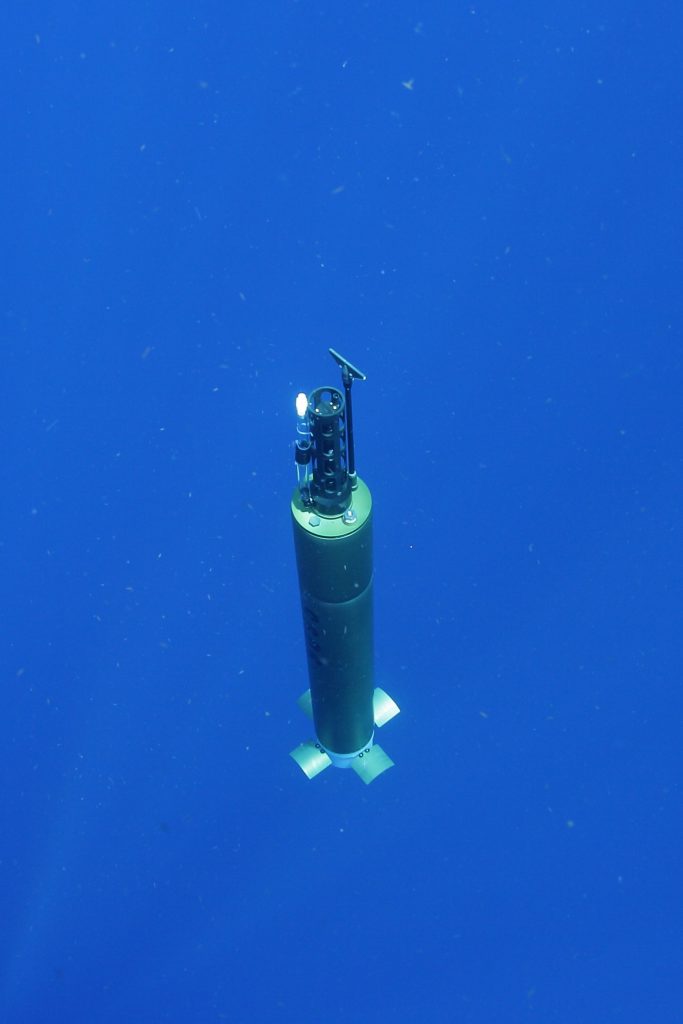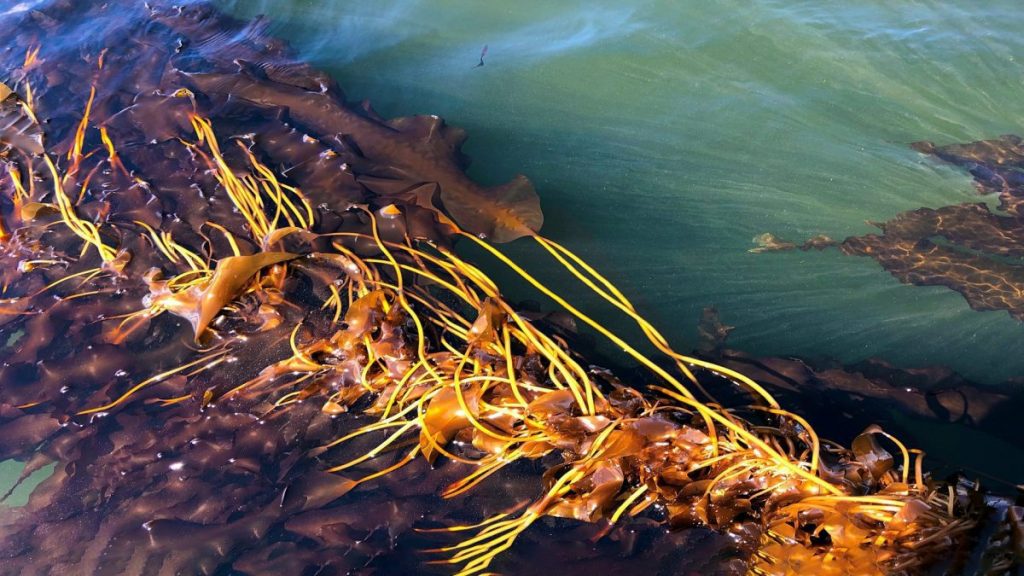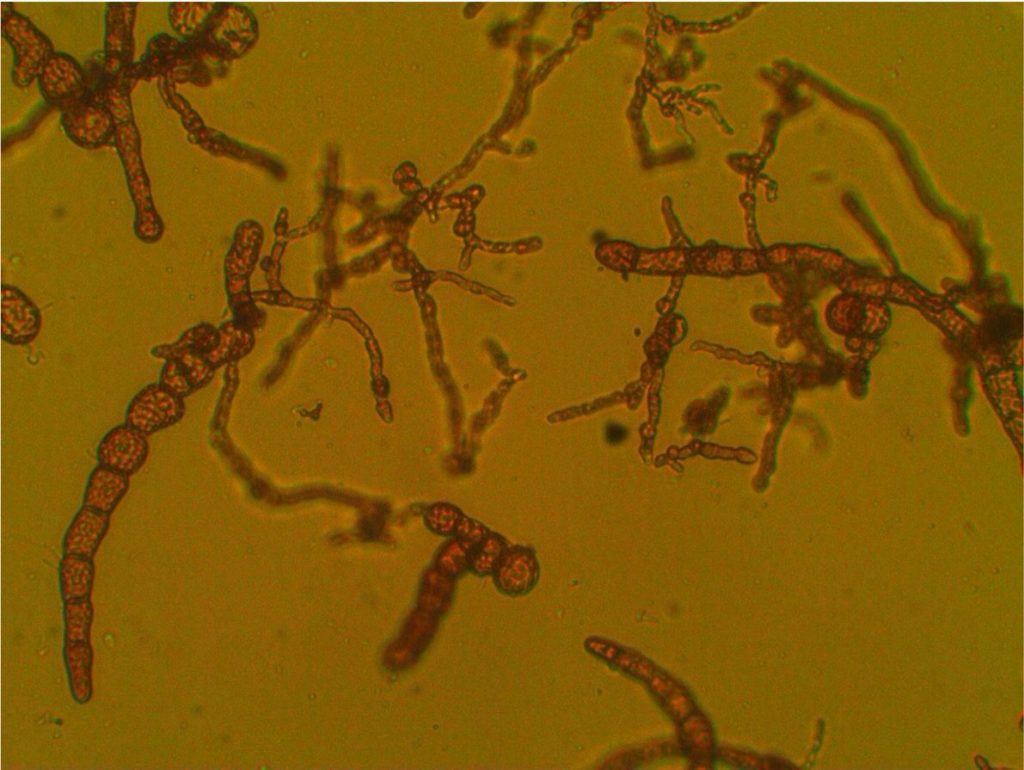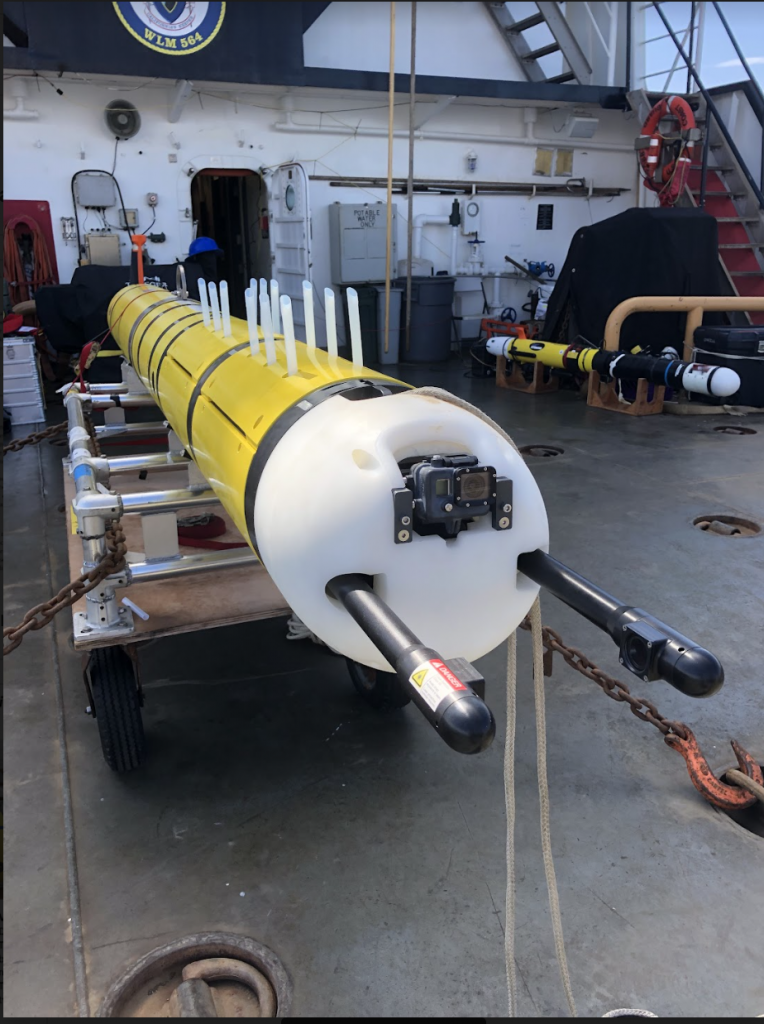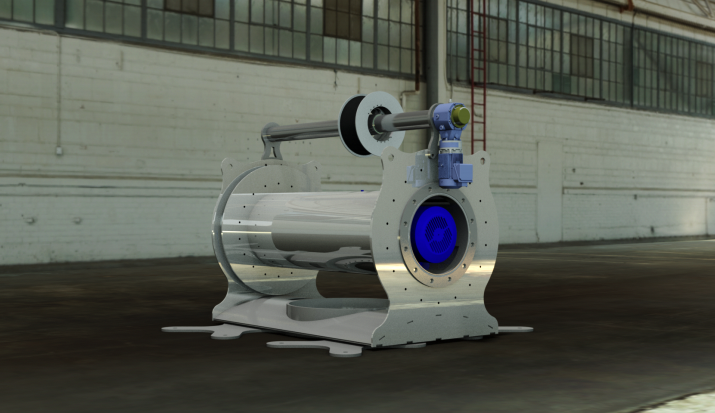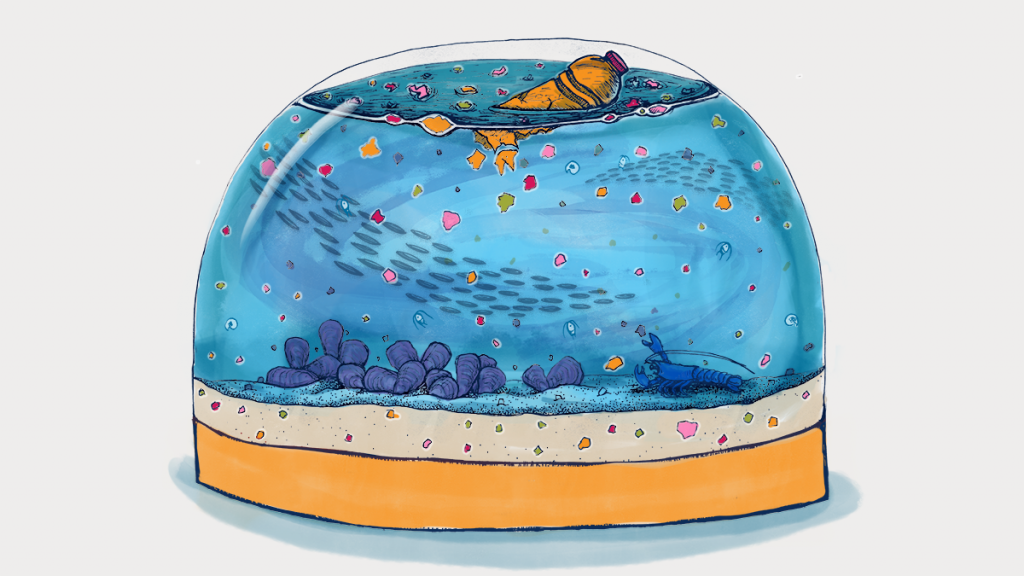Posts Tagged ‘success’
Interview with Tech Transfer: EIR & WHOI OTT
Earlier this year, Woods Hole Oceanographic Institution’s Office for Technology Transfer introduced an Entrepreneur-in-Residence (EIR) to help guide the WHOI community in their startup endeavors. Since joining, Michael Hard has had the opportunity to meet and work with the incredible staff at WHOI. We sat down with Michael to learn more about his process and…
Read MoreNatural Wax Holds Promise to Replace Petroleum in Cosmetics and Personal Care Products
Woods Hole Oceanographic Institution and Western Washington University Sign License Agreement for Upwell Cosmetics to Make and Market a Marine Microalga-Derived Wax Woods Hole, Mass. — A wax that is derived from a commonly grown marine microalga could be the next big thing in cosmetics and personal care products, thanks to a recent license agreement…
Read MoreWHOI Tech Transfer licenses low-cost, low-power wave sensor to MRV Systems
WHOI’s Office of Technology Transfer recently executed a non-exclusive license for a low-cost, low-power wave inertial measurement sensor to MRV Systems. Integrated into a small thermodynamic profiling float called Air-Launched Autonomous Micro Observer (ALAMO), this sensor is capable of measuring ocean wave size, shape, and speed over time. These measurements are essential for activities like…
Read MoreWoods Hole Oceanographic Institution receives Seagriculture Innovation Awards
Infertile sugar kelp breeding and seaweed planting device projects recognized at international conference WHOI also receives National Sea Grant Award to continue innovative kelp studies Woods Hole, MA – Woods Hole Oceanographic Institution (WHOI)-led teams earned Gold and Silver Innovation Awards for seaweed solutions projects, presented at the first annual Seagriculture Conference USA 2022 in…
Read MoreInnovative, new “road map” for kelp crop improvement
Woods Hole Oceanographic Institution and University of Connecticut license kelp germplasm collection to Bigelow Laboratory for Ocean Sciences Woods Hole, MA – Woods Hole Oceanographic Institution (WHOI), the University of Connecticut, and Bigelow Laboratory for Ocean Sciences have executed a license agreement for a kelp germplasm, or collection of microscopic cells called gametophytes, containing more than 1,200 samples all…
Read MoreWHOI Engineers Invent Sampling System for AUVs used in Oil Spill Response
The oil that enters aquatic environments can have significant ecosystem impacts. Most spilled oil from platforms and vessels floats on the water surface, but spills under the water can be more challenging to detect and observe. Underwater oil spills require additional observation measurements from remote sensors, surface vessels, and remotely operated and autonomous vehicles, which…
Read MoreWHOI engineers invent adjustable, compact marine winch, offering flexibility and improved vessel operations
Woods Hole, MA – Most research operations and missions require winches for hauling and retrieving equipment over the side of ships. A winch is used to hoist items to and from the deck such as nets, vehicles and other scientific equipment. Typically, marine winches in use today have large on-deck footprints, can be difficult to…
Read MoreInnovative Microplastics Detection & Identification Sensor Developed at WHOI
Microplastics are defined as plastic fragments less than five millimeters in size. These tiny particles have become a growing concern in recent years due to their potential effects on everything from marine life to the water we drink. However, despite growing concern, their impact is still largely unknown due to the lack of technological advancement…
Read MoreInnovative WHOI Winch Design Licensed to InterOcean Systems for New UVM Research Vessel
Woods Hole Oceanographic Institution (WHOI) has completed a license agreement with InterOcean Systems, LLC. for an innovative marine winch design, soon to be part of the new University of Vermont research vessel. The unique winch build will enable more efficient operations for both personnel and power. The vessel is designed as a hybrid research boat…
Read More


